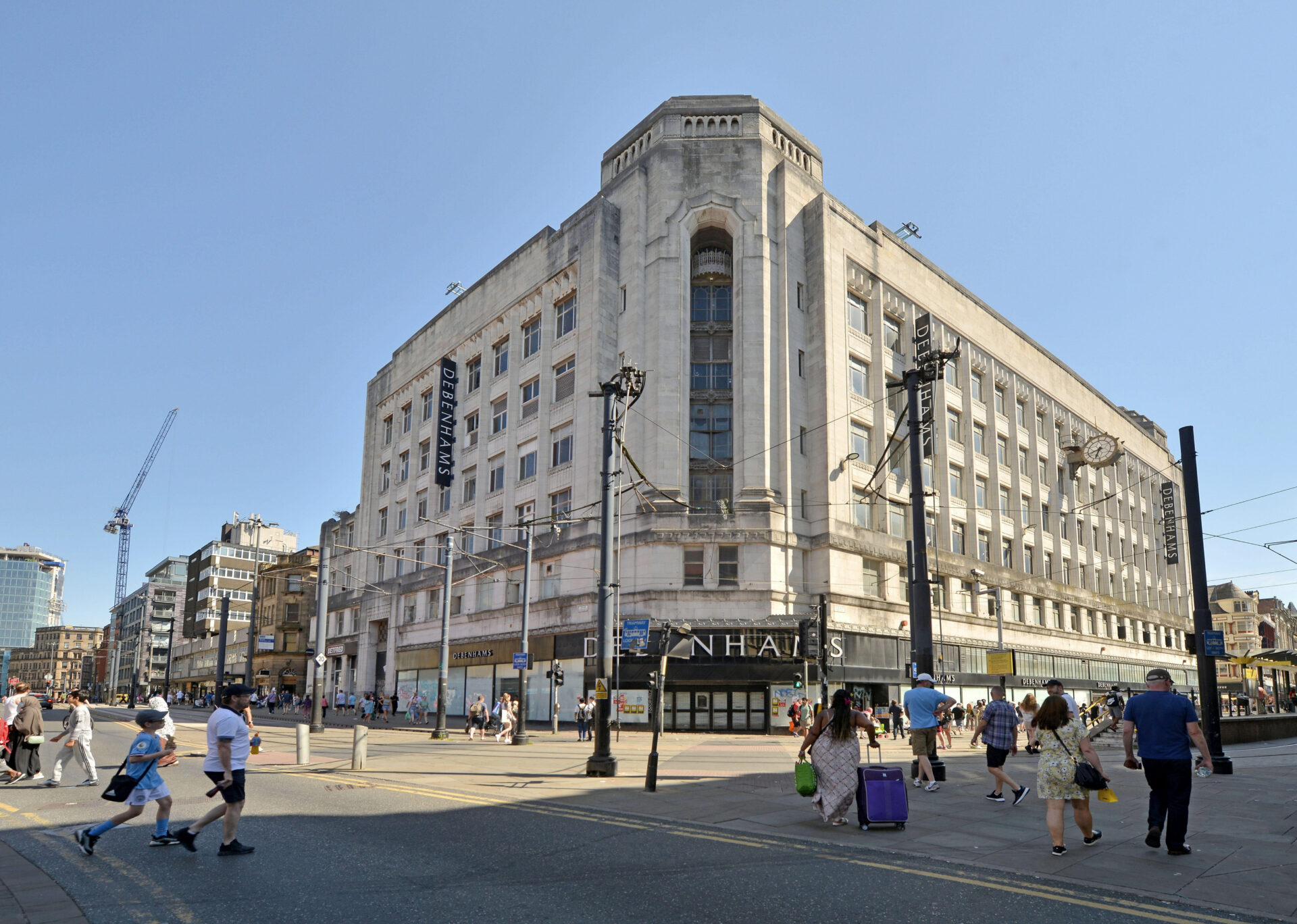Older people ‘could add £50m to GM economy’
The combined spending power of Greater Manchester’s ageing population is increasing by £280m a year, providing an untapped opportunity to boost the City Region’s high streets, according to a report from the International Longevity Centre.
The Office for National Statistics projects that by 2040, there will be 198,000 more people aged over 50 in Greater Manchester, within a total population of 3m.
The research by ILC, supported by the Greater Manchester Combined Authority, argues this ageing population could lead to “significant economic opportunities” for Greater Manchester across the retail, health and transport sectors.
According to ILC, the combined spending power of households aged over 65 in Greater Manchester is increasing by £280m each year.
 In 2018 alone, Greater Manchester residents aged over 50 spent £3.5bn on recreation, culture, restaurants and hotels, accounting for nearly half of all spending by City Region’s residents in these sectors.
In 2018 alone, Greater Manchester residents aged over 50 spent £3.5bn on recreation, culture, restaurants and hotels, accounting for nearly half of all spending by City Region’s residents in these sectors.
However, the report highlights that the potential isn’t being maximised as older households in Greater Manchester save almost £2bn each year which could be spent within the local economy.
The report identifies barriers to spending, including poor health and a lack of products and services aimed at older consumers.
ILC argues that by making Greater Manchester town centres more accessible and appealing to older people, this could lead to an increase in high street spending of more than £50m each year.

Office for National Statistics projects that by 2040 GM will have an additional 197,800 people aged 50+
According to earlier research from ICL, by 2040, households aged over 50 will be spending 63p in every pound spent in the UK.
David Sinclair, director of the International Longevity Centre, said: “Our report found that Greater Manchester’s 65+ households are currently saving close to £2bn each year. While some of this saving results from prudence in the face of future uncertainty, our research has found that factors, such as poor health, limited accessibility and a lack of inclusive design, are stopping too many of us from accessing the products and services we want.”
“Unlocking just some of this untapped spending power by improving the accessibility of our high streets, investing in public toilets, or designing innovative products and services that cater to consumers of all ages, would be a major boost to the city region’s economy. Our analysis demonstrates that there is a longevity dividend for Greater Manchester from meeting the needs and aspirations of older consumers.”
Tackling the needs of an ageing population is increasingly high on Greater Manchester’s agenda. At the international property conference MIPIM, taking place next month in Cannes, Manchester’s stand programme features a number of events debating how the city can adapt for its ageing residents.
Greater Manchester’s lead for age-friendly and equalities, Cllr Brenda Warrington said: “Our Local Industrial Strategy is one of the only ones to recognise the economic opportunities arising from an ageing society, and sets out a clear plan for us to work with businesses to exploit our expertise. By doing so we can get ahead of the curve and take advantage of the so-called ‘longevity dividend’.
“Through collaboration we can test, innovate and drive growth around technologies, products and services that can be brought to market to improve the lives of older people and also look at removing some of the barriers to further increase the economic potential our older residents bring.”
ILC is a specialist think tank looking at the impact of the ageing population on society, and how to respond.




